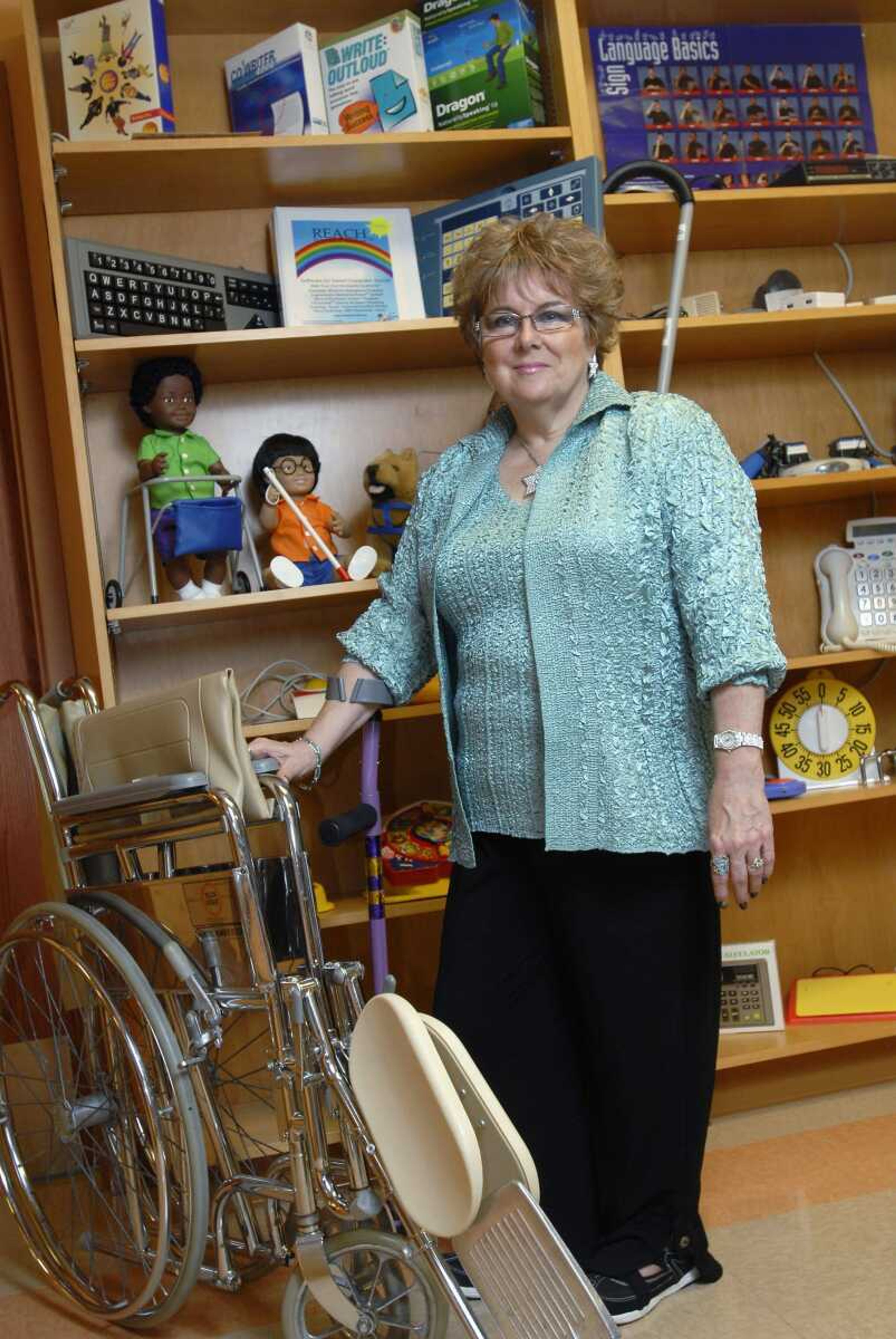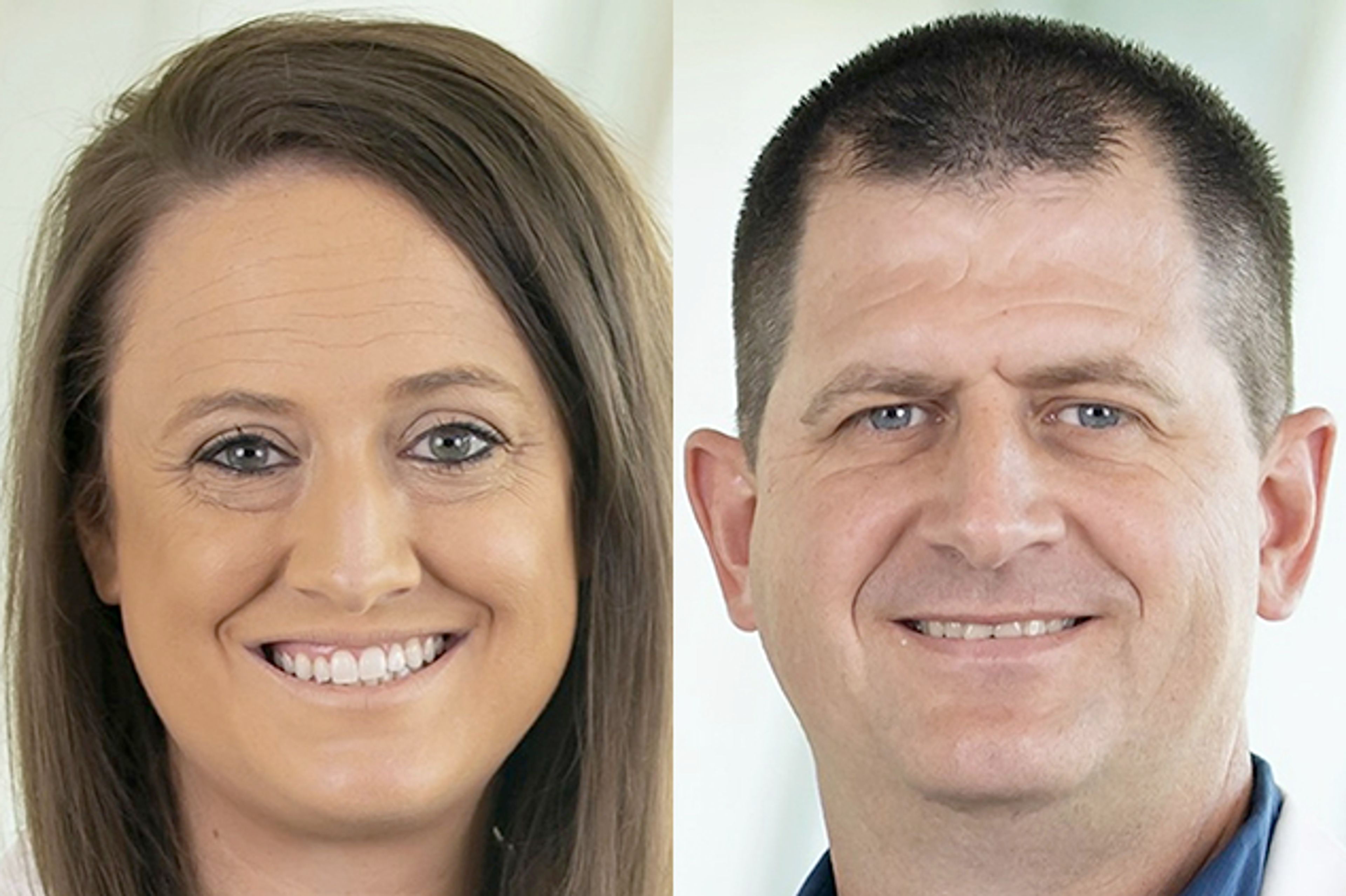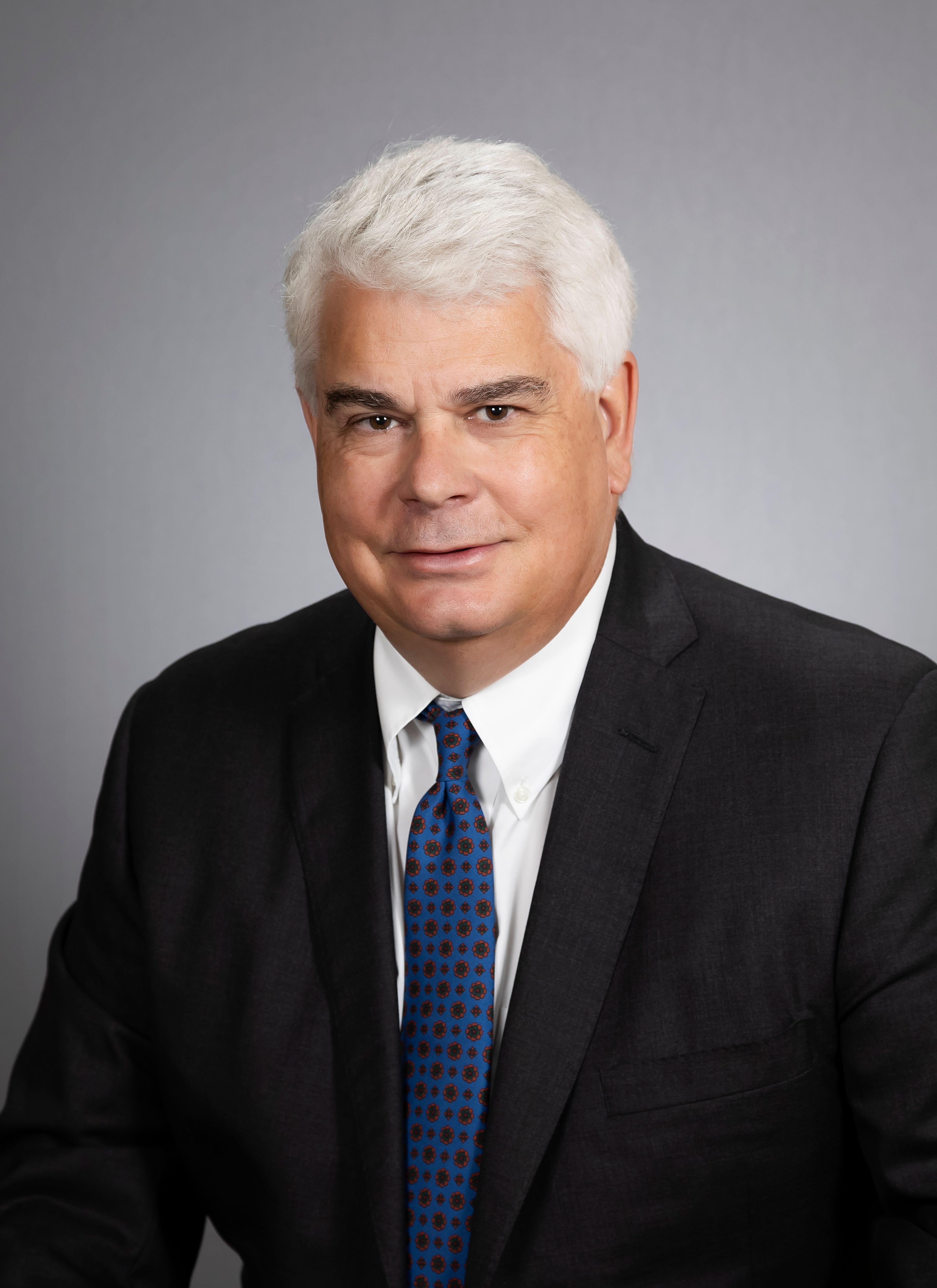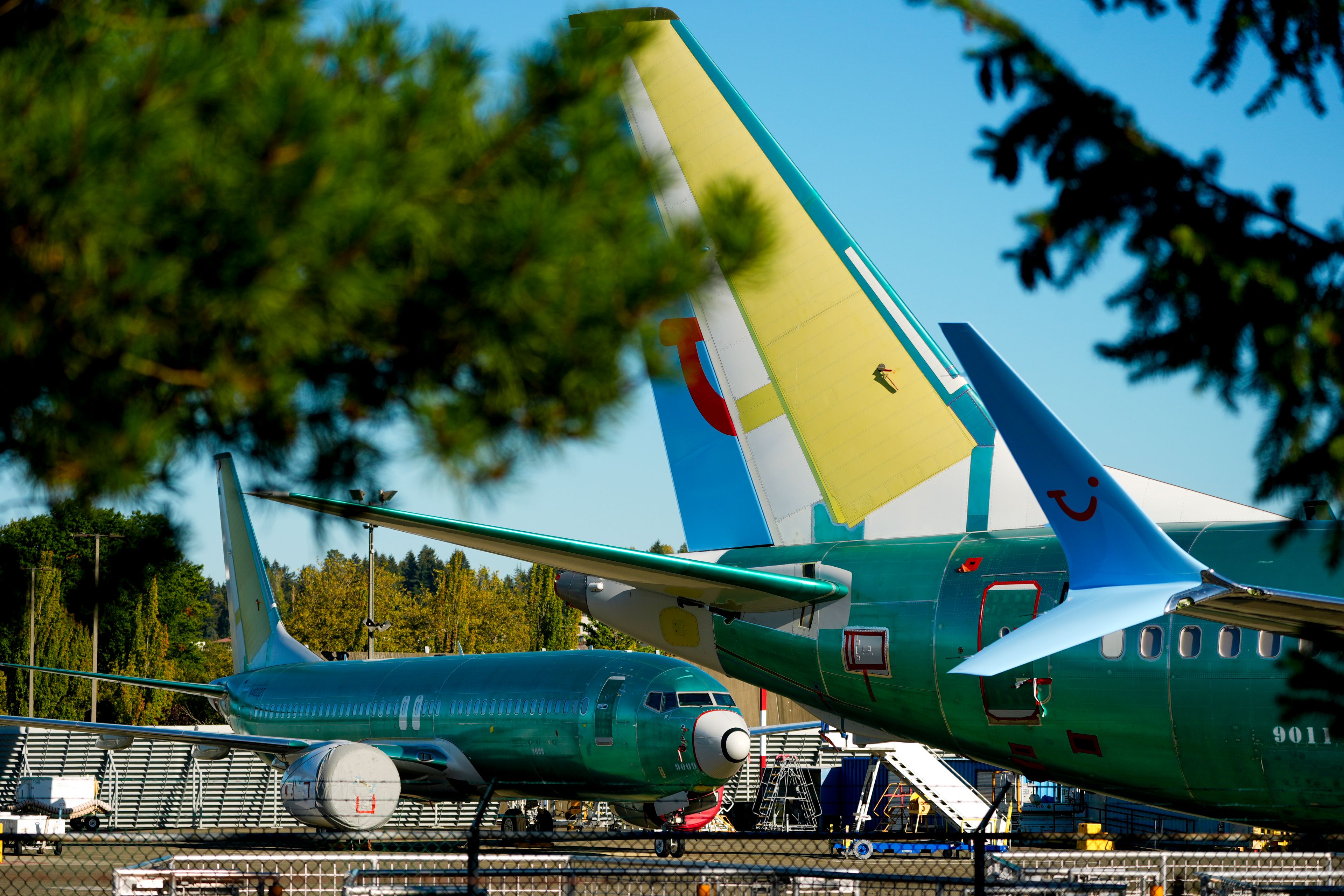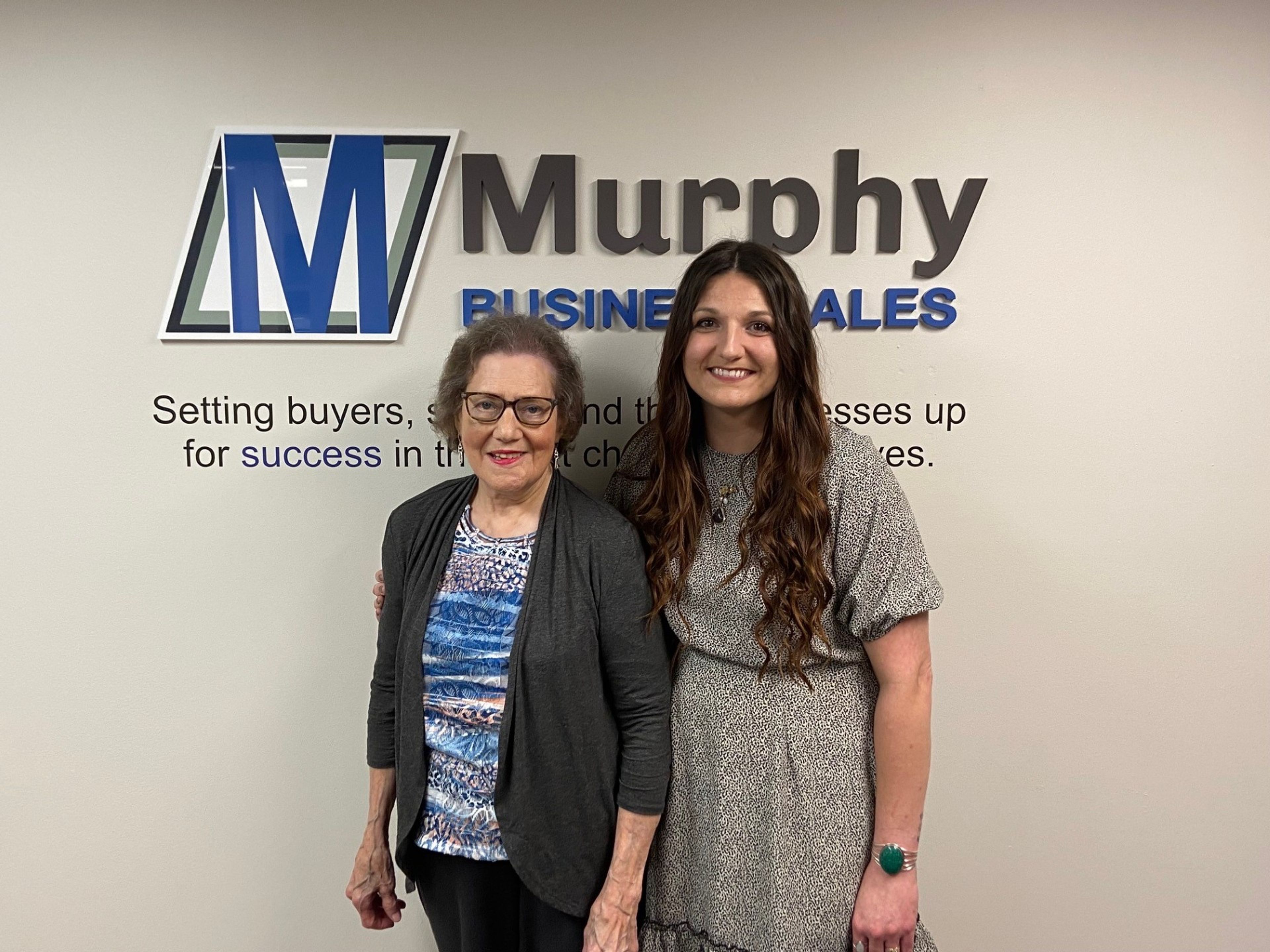Talking shop with Miki Gudermuth of SADI
Miki Gudermuth, founder and executive director of SEMO Alliance for Disability Independence, has dedicated her career to helping others, who like her, have struggled with a disability. SADI provides services to those with disabilities with the goal of enabling them to live independently in their own homes within their community...
Miki Gudermuth, founder and executive director of SEMO Alliance for Disability Independence, has dedicated her career to helping others, who like her, have struggled with a disability. SADI provides services to those with disabilities with the goal of enabling them to live independently in their own homes within their community.
Q: How did your career evolve to get you into your current position?
A: I had polio when I was nine months old, during the summer epidemic of 1949. I had undergone numerous operations at Shriners Hospital to remove the long leg braces, only to go back into one in 1982. It was then I found out about the late effects of polio, 30 years after initial onset. In 1983, when my husband and I moved to Cape Girardeau, I heard about post-polio support groups forming across the nation. With the help of Easter Seals and Saint Francis Medical Center, I formed a local support group. We were the first disability related support group in Southeast Missouri, so people with a variety of disabilities came to this workshop. Through this group we found we had many things in common, but the most striking problems centered around lack of affordable, accessible housing; access to affordable health care, transportation and employment. These are all the key ingredients of independence for anyone, but especially acute for people facing obstacles due to a disability. I was in touch with Paraquad, the first nonresidential center for independent living in Missouri, and found out how to start such an independent living center locally. Since I had begun my local career as a real estate paralegal with the Limbaugh Law Firm, Diane Howard, a member of the Young Lawyers Association, helped us with our incorporation papers, and it would take a book to tell you all that had transpired thereafter. All I can say is "the rest is history."
Q: Describe the purpose and mission of SADI.
A: Like our ad states, "Choice, Change and Control." Helping people with disabilities to make choices, to bring about change, enabling them to have more control over their lives. SADI provides information and referral, advocacy and self-advocacy, peer supports, independent living skills training are the core services. Fifty-one percent of our board and staff must have a disability. Our independent living motto is: "Everyone, regardless of disability, is entitled to and has the right to be as independent as he/she chooses in their home and community."
Q: What do you enjoy most about what you do?
A: Developing leadership within my center and experiencing the teamwork that goes into every single program we offer. I enjoy seeing the positive impact we have made in the lives of the people we serve, creating new and exciting programs and reinventing other programs that enable people to live more fulfilling lives. I am unable to separate the teamwork and the end result that goes into what we experience every day. SADI is about people helping people every single day.
Q: What is the most challenging part of your job?
A: That is a hard question because every day brings on individual challenges. I believe the most challenging part of my job, is that of increasing and maintaining strong funding streams. Educating the public and our legislators on why it is important to continue funding social programs is a major challenge of any not-for-profit. It is even more daunting if you provide so many services the public and legislators get lost in the maze of programs. People with disabilities are in need of many more supports than any community can envision. Every Medicaid or private dollar that comes into SADI, it is recycled into our programs. These dollars being appropriated every year depends on a great deal of education and advocacy both on a local level and within the state and federal government.
Q: How has SADI grown and changed over the years?
A: When we started out, we were a grass-roots organization working out of my home, using the first Mac 128K computer and a used copier that my husband kept in repair. People kept asking me why I was wasting my time, not knowing if we would ever get off the ground. Starting out with me and two employees, SADI received state funding in 1993 to provide the four core services highlighted earlier. Eighteen years later, we are in a 10,000-square-foot building, a branch office in Charleston, Marble Hill and Perryville, and looking at adding a building on Rusmar Street. We have 135 employees serving the counties of Cape, Scott, Perry, Bollinger and Mississippi. SADI offers transportation in Cape Girardeau, Jackson, Fruitland and Scott City, and looking to expand in our other service areas. We also offer an assistive technology loan closet, SADI personal care services, including consumer directed and SADI in-home services, veterans care services; employment mentoring services; GAPS autism support program along with Arts For All; Home Sweet Home Nursing Home transition services; deaf communications case management Services and interpreter referral services for the deaf and hard of hearing; and other collaborative services. I host a community program called "Independently Speaking" televised on the cable access channel, KBSI, WDKA 49, KFVS12 Online Weather and Access Channel 7 in Ste. Genevieve.
Q: Do you see conditions in our communities improving for the clients you serve? What struggles are you still working to overcome?
A: Yes, I have seen many conditions improve for our consumers and clients, mainly because of the business expansion from Town Plaza, West Park Mall, along Siemers Drive on out. Downtown will always remain somewhat of a challenge due to lack of parking, the age of the buildings and the topography in general. We have been working with County Clerk Kara Clark Summers to continue her inroads into creating a more accessible voting experience for people with disabilities. The new voting machines will be a tremendous asset toward this end. More affordable, accessible housing and increased employment opportunities in this economic climate will continue to be a challenge for us. Services for families caring for love ones with disabilities will always be a challenge. On top of this, with an aging baby boomer population comes increased risk of disability. There will be the challenge on an increasing number of people needing services. As the Bible points out, "the poor will always be with us."
Q: What do you enjoy doing when you're not working?
A: I enjoy spending time with my husband, Chuck, who is retired, and our little shih tzu. I love to do pastel painting, as well as crafting, while either watching old movies or listening to relaxing music. I enjoy watching and feeding the birds. Can I say I really get away from work? I'm always a phone call away. But I love it.
Connect with the Southeast Missourian Newsroom:
For corrections to this story or other insights for the editor, click here. To submit a letter to the editor, click here. To learn about the Southeast Missourian’s AI Policy, click here.
